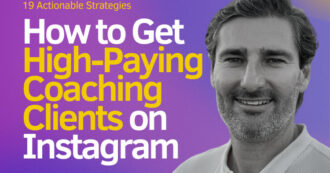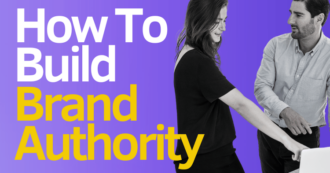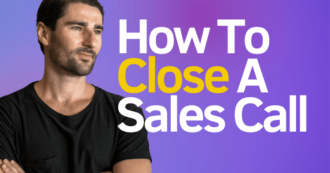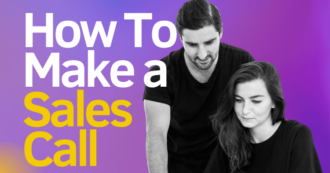Looking for a reliable marketing channel that you probably use every day as a consumer to attract new coaching clients? That’s email marketing. Personally, I’ve built our email list to over 100,000 subscribers in the first 18 months of our business, and we get hundreds of new subscribers every week.
Read More11 Actionable Strategies for Getting High-Paid Coaching Clients Without Social Media (With Actual Examples!)
There are many ways to gain high-paying clients. And, you don’t have to be on social media 24/7 to do it either. Some methods I’ve personally have had success with over the years, especially workshops and virtual summits (but we’ll get into that a little later). Keep reading as I
Read More19 Actionable Strategies for Getting High-Paying Coaching Clients on Instagram (With Actual Examples!)
How can you leverage your Instagram account to build trust, show off your experience and get more high-paying coaching clients? I’ve got a lot of experience when it comes to leveraging Instagram as a powerful tool in my own business (My Instagram Success Summit was hugely popular, generating 22,000 new
Read MoreThe Ultimate Guide to Getting Coaching Clients
So, you launched your coaching business and are wondering, “How do I get coaching clients?” It’s a valid question, and the best part is that it has many answers. Since I became a business mentor in 2015 I have helped countless coaches, leaders, and entrepreneurs grow their lists, incomes, and
Read More17 Actionable Strategies for Getting High-Paying Coaching Clients
One major hurdle many coaches face is how to get high-paying coaching clients. As a business mentor and strategist, I have helped many coaches run profitable workshops, sell their high-ticket offers, and turn their small communities into thriving email lists of tens and, in some cases, hundreds of thousands of
Read MoreHow to Get Coaching Clients on LinkedIn: 20 Actionable Strategies
How can you turn more people in your LinkedIn network into paying coaching clients? How can you get them to trust you as an authoritative, experienced coach? Well, there are a few proven strategies that coaches use on LinkedIn. Here are some steps you can apply right now. In this
Read More7 Proven Ways to Build Brand Authority and Grow Your Coaching Business
The need to establish your brand authority as a coach is essential. Why? Because people want to do business with industry experts – those they know, like, and trust. It creates a sense of safety when we deal with trusted and well-established businesses or organizations. As a result, learning to
Read MoreHow to Close a Sales Call the Right Way
So, you’ve built a rapport with the prospect and you’ve given your pitch. How do you seal the deal and end your sales call with a new client? Learning how to close a sales call the right way takes time, but there are some simple closing techniques you can use
Read MoreHow to Make a Sales Call: a Step-By-Step Guide
There are so many benefits to sales calls that you just can’t get with email conversations. While I’ve had many successes over the years with sales calls, I’ve also had to learn the hard way in some circumstances. Learning how to make a sales call is absolutely crucial for getting
Read More







